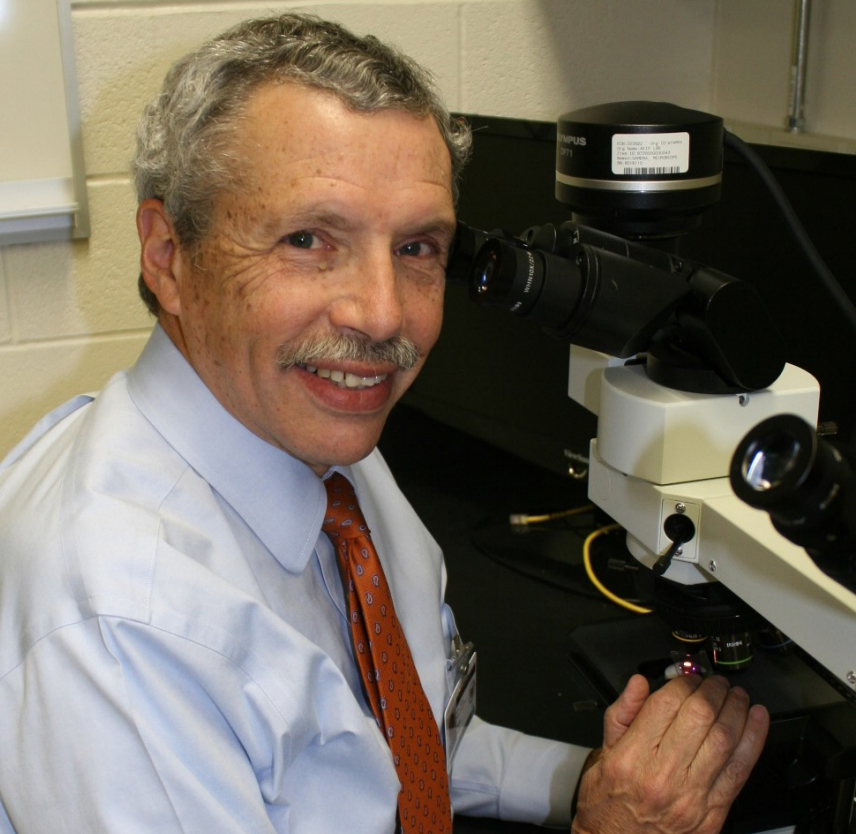Dr. Perl discusses the importance of looking at physical and mental impacts of blast injury together.
Posted on BrainLine December 13, 2017.
(Photo: Official Marine Corps photo by Sgt. Mark Fayloga/Released)
About the author: Daniel P. Perl, MD
Dr. Perl is a Professor of Pathology at USUHS and Director of the CNRM's Brain Tissue Repository, where he has established a state-of-the-art neuropathology laboratory dedicated to research on the acute and long-term effects of traumatic brain injury among military personnel.


Comments (1)
Please remember, we are not able to give medical or legal advice. If you have medical concerns, please consult your doctor. All posted comments are the views and opinions of the poster only.
DeAnne J Armstrong replied on Permalink
My son shows all signs of TBI & was released from the Army as "personality disorder". He is coping with the many issues by a very strick diet.